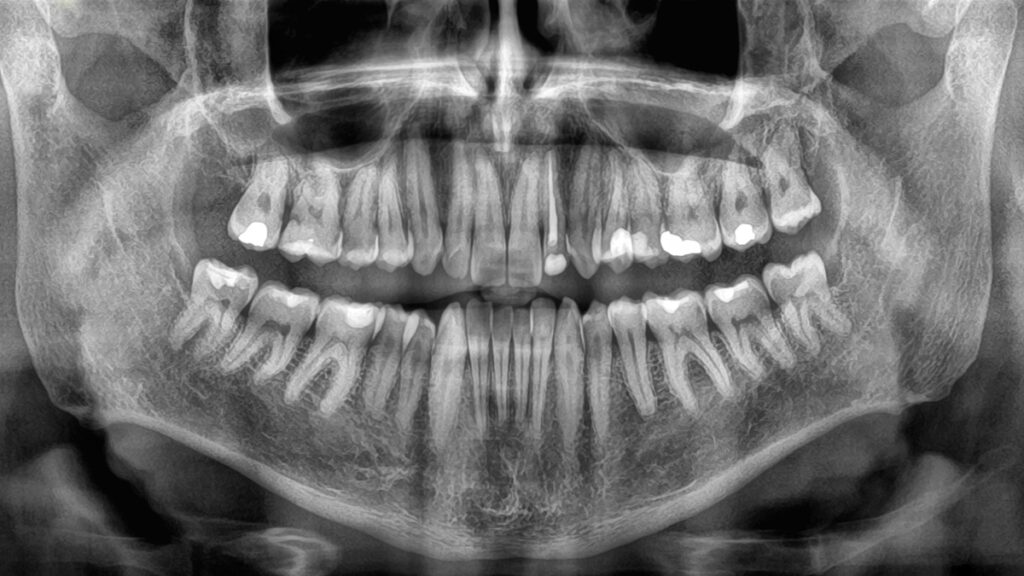
In a groundbreaking study, researchers have found a significant link between the rate of tooth loss in older adults and their risk of mortality. Conducted by a team from Sichuan University in China, the study highlights the critical importance of maintaining good oral health and suggests that rapid tooth loss could serve as a key indicator of underlying health issues.
Previous research has established a connection between having fewer teeth and a higher likelihood of earlier death. However, this new study provides the first comprehensive data on how the speed of tooth loss might influence this association. The research tracked 8,073 elderly individuals over an average of 3.5 years, examining the correlation between the rate of tooth loss and mortality.
The Study’s Findings
The results, published in a recent paper, reveal that a faster progression of tooth loss significantly increased the risk of all-cause mortality among older adults, regardless of their initial number of teeth. This relationship persisted even after accounting for various factors that can affect health outcomes, such as age, sex, education, drinking habits, and exercise levels.
“Among older adults, the risk of all-cause mortality significantly increased with a more rapid progression of tooth loss, regardless of baseline tooth count,” the researchers stated.
Importantly, the study does not suggest that losing teeth quickly causes death. Instead, it proposes that the health issues leading to tooth loss may also be contributing to a shorter lifespan. Thus, tooth loss could be a valuable indicator for assessing an individual’s overall health and mortality risk.
Understanding the Connection
Good oral health has long been linked to better general health, with previous studies identifying connections to cognitive decline and heart disease. However, the exact mechanisms behind the correlation between tooth loss rates and mortality remain unclear. The researchers point to several potential influencing factors, including inflammation, diet, obesity, and psychological distress.
Diet, for instance, plays a crucial role. Individuals with fewer teeth often struggle to maintain a balanced diet due to difficulties in chewing, which can lead to nutritional deficiencies and exacerbate existing health problems.
“Despite these explanations suggesting an association between tooth loss and other known mortality risk factors, the exact mechanisms remain unclear and warrant further investigation,” the researchers noted.
Promoting Oral Health for Longevity
The study underscores the importance of promoting good oral hygiene practices. Regular dental visits, twice-daily brushing, and quitting smoking are essential habits that contribute to maintaining healthy teeth and have been shown to impact longevity positively.
Dental check-ups not only help monitor tooth numbers but also allow for interventions such as dentures to replace missing teeth. This proactive approach could serve as a reliable method for assessing the health and mortality risk of older populations.
Innovations in Tooth Replacement
Meanwhile, advancements in dental technology continue to offer hope for those experiencing tooth loss. Recent developments include synthetic lab-grown teeth and clinical trials of drugs designed to regenerate missing teeth, marking significant progress towards innovative solutions.
“These findings emphasize the critical importance of monitoring tooth loss progression,” the researchers concluded. “It is reasonable to suggest that healthcare professionals and the general public should be aware of the potential adverse prognosis associated with a rapid progression of tooth loss.”
As the study suggests, monitoring tooth loss could become an integral part of healthcare strategies aimed at improving the quality of life and longevity for the elderly. The findings call for further research to unravel the complex relationship between oral health and overall well-being, potentially paving the way for new preventive measures in geriatric care.






